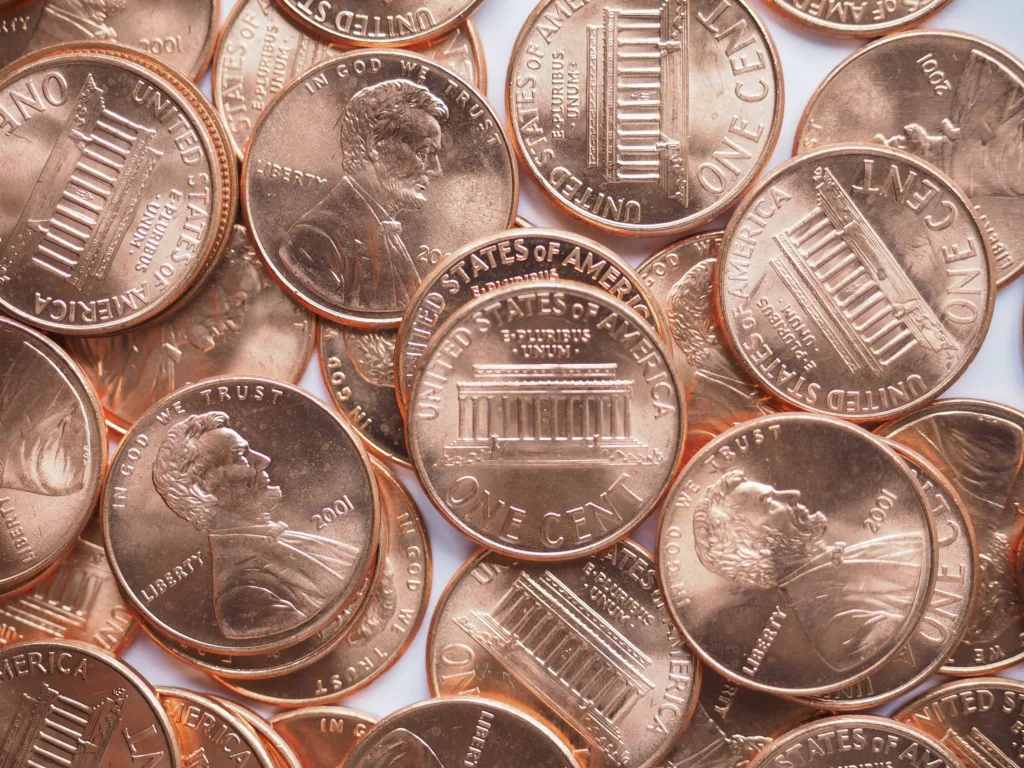U.S. Treasury Ends Penny Production: What It Means for You

The U.S. Department of the Treasury has officially ended production of the penny, marking a historic shift in American currency. While the penny remains legal tender, banks—including Jim Thorpe Neighborhood Bank—can no longer order new pennies from the Federal Reserve. This change will impact retailers, banks, and consumers across the country.
Why Is Penny Production Ending?
The decision stems from rising production costs. According to the U.S. Mint’s 2024 Annual Report, it cost 3.69 cents to produce and deliver a single penny, nearly four times its face value. This resulted in an $85 million loss for the U.S. Mint in 2024 alone.
President Trump directed the Treasury to halt penny production in early 2025. As inventories deplete, banks are unable to fulfill new penny orders. And as of today, banks can no longer order new pennies from the Federal Reserve.
What This Means for Jim Thorpe Neighborhood Bank Customers
- We will no longer be able to do change orders that include pennies.
- You may be required to deposit your check if the change back to you requires pennies. You can then withdrawal the cash that you need.
- For non-customers cashing a check drawn on JTNB, you may need to open an account if the change back to you requires pennies.*
- Retailers and businesses may begin rounding cash transactions to the nearest nickel as pennies become unavailable
*Exceptions may apply.
Tips for Consumers: Making the Most of Your Pennies
Even though new pennies are no longer being produced, existing ones are still legal tender. Here are some smart ways to use them:
- Cash Them In – bring your coins to your nearest Jim Thorpe Neighborhood Bank location.
- Start Rounding – when paying with cash at retailers, expect totals to be rounded to the nearest five cents.
- Consider Digital Payments/Debit Card – card and mobile payments remain exact and unaffected by rounding.
- Sign up for Direct Deposit.